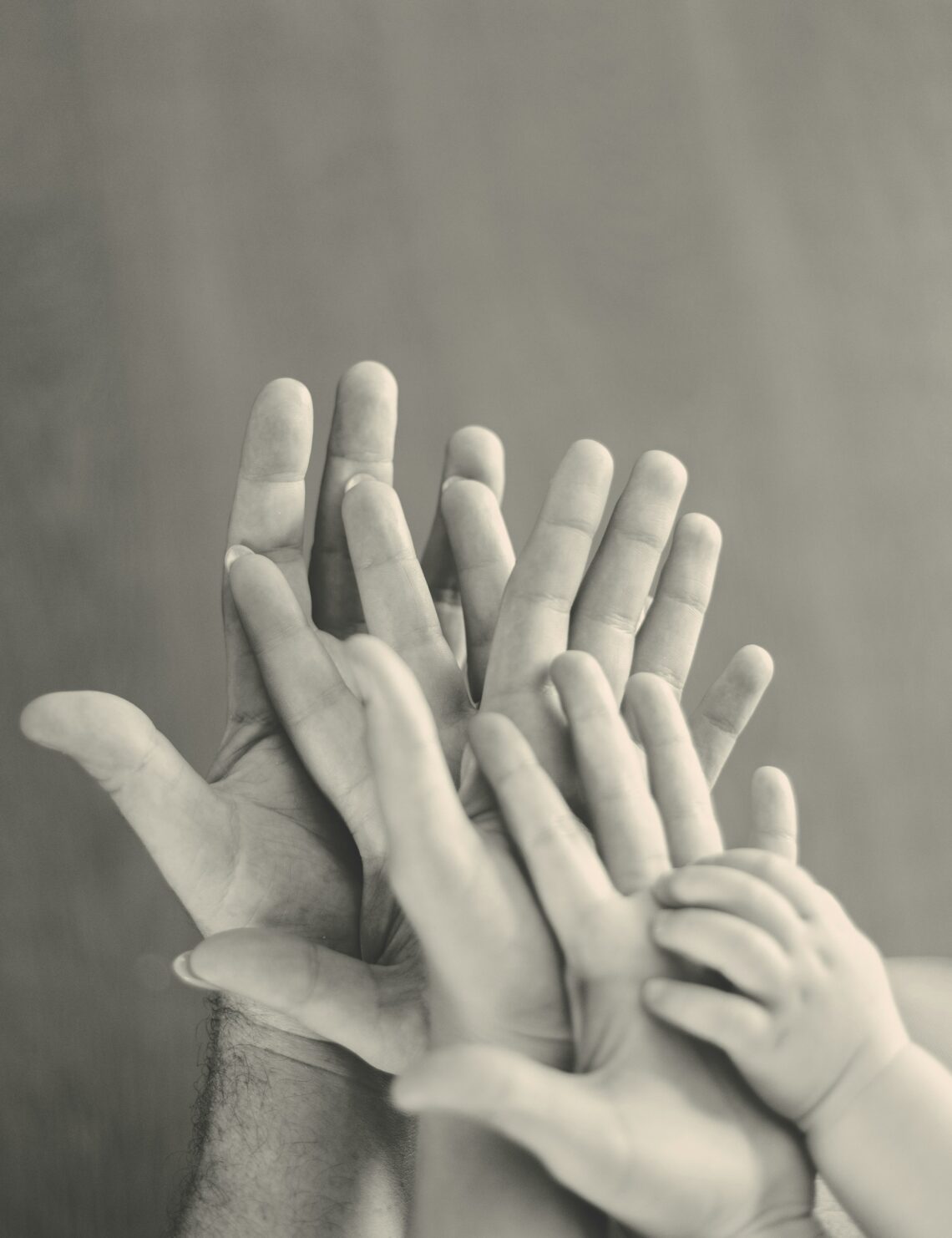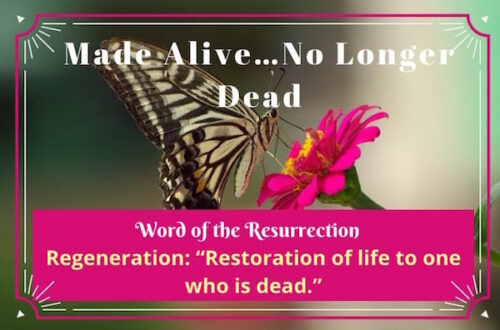
Releasing “Mom Guilt”
Once upon a time I served as an educator. While serving a special needs family, the mom revealed to me that she felt like her daughter’s disability was a punishment for her own sins.
This mom was steeped in deep grief, somehow allowing herself to believe that she was personally responsible for her child’s cognitive disability.
I knew her to be a healthy mom in a healthy home environment. She was actually a wealthy mom with all the comforts this modern world offers. Despite having the American dream, she was unable to enjoy the rich blessings of her life due to this story of guilt she had written for self.
There are some tricky elements to this story. There is the question of sin and how it impacts our lives, in particular, how sin impacts generations. And of course, the crippling concept of guilt as it relates to the sacred job of parenting.
While there are consequences to our sins, there’s plenty of evidence to suggest that God is merciful and gracious to children, regardless of the sins of the parent.
Consider the story of Ishmael and Hagar (Genesis 21:8-21).
Though Ishmael was born between two feuding women and a father who lacked the faith that God would keep his promises, God protected Ishmael. The sin and strife of his family brought him to the brink of death in the wilderness and yet even as he lay dying, driven out by family strife, the Lord provided perfectly for Ishmael, promising him protection and a legacy through his own descendants.
So often, God works in and through us, despite our sin. Not only that, but our foolish parenting does not prevent God from doing exactly what he intends to accomplish with our children, protecting them and even blessing them.
Yet the guilt remains. Somehow, we are still willing to bear guilt even if we believe that the Lord will ultimately be good to our children.
So then, what do we do with our “Mom guilt?”
The feeling of guilt inside of us is an invitation to examine our hearts and see if there is any offense in us.
“Search me, O God, and know my heart! Try me and know my thoughts! And see if there be any grievous way in me, and lead me in the way everlasting (Psalm 139:23-24).”
Should the Lord reveal that we have in fact offended Him or our children, we are called to be reconciled to each other, in the same way that we are reconciled to God. Guilt then can be a gift, a tool, that stirs inside of us, guiding us through sorrow to repentance and into relationship.
It is possible that the Lord will reveal that we haven’t committed some great offense with our children. Sometimes, our guilt is really a form of sadness or grief. Especially when our children face hardship. We long so deeply for our children to be comfortable, accepted, successful, shielded, etc. that we can be overwhelmed and even consumed with the idea that we might be able to control our children and their fate. Perhaps if we are good enough, their life will be good. And this will lead us to the flip side, where this all started, maybe if it isn’t going well, it’s my fault.
Again, we come back to the place of allowing the Lord to examine our hearts.
Where does our guilt come from? Actual sin, deep grief, fear, or worry?
We dealt with sin above; seek forgiveness and move forward in relationship. If we uncover grief and or fear, we begin the journey of trusting the Lord with our children, and we move from guilt to hope.
Trusting our children to the Lord is a lot like trusting the Lord to work in our own lives.
“Trust in the Lord with all your heart, and do not lean on your own understanding, In all your ways acknowledge him, and he will make straight your paths (Proverbs 3:5-6).”
Every challenge, every fear, every joy, every choice, we bring them before the Lord. Acknowledging God means believing that He knows and He sees. He sees our fear and the struggles of our children. This peace and place of knowing that the Lord is making our plans straight, because we trust in Him, offers comfort to the mother who suffers and seeks explanation for her child’s affliction. We can move, even slowly, from a false sense of responsibility to a place where we know that God is in control. And even when we get in the way, like Ishmael, God can come for our children, protect them and lead them directly to where He has planned for them to be all along.



